What are The Different Types of Mobile Apps?
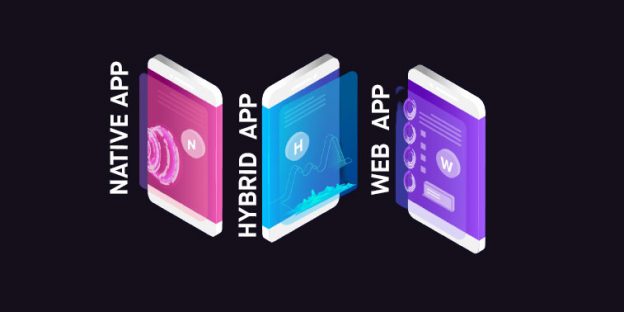
Advanced ideas with the integration of technology have led many businesses to hit financial success in 2021. Most of the entrepreneurs who were not even aware of the concept of the website or mobile app development, post-COVID are owning an app in order to revive and grow their business again. Social distancing and lockdown have changed lives and the way people used to shop for products or services – today almost everything is available with a few clicks on smartphones.
The rise in Smartphone and Mobile App Usage
1. As of 2021, the number of smartphone users all over the world has substantially increased to attain the 3.8 billion mark. The number is still increasing constantly. It is a clear indicator of how smartphones are becoming an important part of people’s lives and leveraging from the culture, businesses are coming up with a full-fledged mobile application to serve them swimmingly.
2. Sources have also revealed that there is an annual 7% increase in mobile app downloads. 218 billion downloads were tracked in 2020 which is increasing constantly by 7% each year. (source: clearbridgemobile)
3. 92% of the time spent on smartphones contributes to using apps, 44% of which is spent on social media and messaging apps. (source: clearbridgemobile)
There is immense scope for any business whose sales model includes mobile app development, but this is just the start… Deciding that you need an application for your business is just one step to the ladder of success, the very next decision that follows is which type of mobile app your business needs? The type of mobile application you are going with decides the sustainability and growth fortune of your business in 2021 and ahead.
As owning an application is not enough, one must know how to market their apps to potential clients. Read 15 Marketing Strategies for small businesses to grow and prosper.
3 Types of Mobile Apps – Native, Hybrid, and Web Apps
1. Native Application – Made exclusively for a single Operating system or platform – Android or iOS application.
2. Hybrid Application – As the name has it, Hybrid apps are a combination of native plus cross-platform apps, are secured in native app nutshells. Such apps have their own icons and can be downloaded from both Playstore and Appstore.
3. Cross-Platform Applications – Websites that work with any smart gadget (mobile/PC/tablets) or operating system with a simple browser search. Such apps cannot be downloaded from Playstore or App Store.
1. Native application
Native mobile applications are built only for mobile phones and that too a particular operating system. This means you can go with either a dedicated Android App Development or a standalone iOS App development for your business. The in-built quality, config, and smooth functionality altogether give this type of application an upper hand over others still this is not a feasible choice if you have a restricted sales budget. In case you are going with native applications for more than one OS then you need to spend separately on designing, development, testing, quality analysis, debugging, and maintenance of each app. Download from only the mobile OS it is built for – Android or iOS.
In-Built Tech-Stack – Native applications can be built and optimized using Java, Kotlin, Python, Swift, Objective C, C++ and React.
Pros/Cons
| Pros | Cons |
| As-built for a specific platform, native applications have a user-friendly, smooth interface and have considerably low latency. | Restricted to a single OS or platform and therefore the audience that can access the app is considerably limited. |
| Consumption of hardware resources is less as most of the work is done by efficient coding. | A dedicated native app for two different operating systems is time and resource-consuming thus is costly too. |
| Direct access to the device’s in-built functionalities like camera, Bluetooth, etc. | As development is hard and resource-consuming, maintenance is equally a resource-demanding task for native applications. |
| Businesses can benefit a lot from the push notification feature that comes with native applications. You can mold the actions of the app users to purchase from you by showing relevant notifications. | No code portability. |
| Some apps can be programmed to do certain offline tasks as well. | It takes a shedload of money to make apps scalable. |
2. Hybrid Application
With the amalgamation of native and web apps, hybrid apps are web applications that look and feel like native applications. Sharing the traits of a web app, such apps support code-shareability and thus can be installed and can function easily on Android and iOS apps both. Hybrid apps share some traits of native apps as well, and therefore give the benefit of installation, offline access to certain functions, have a responsive UI, and seamless in-built functionalities. These are less time and resource-consuming than truly native applications. Download from both Android or iOS app stores.
In-Built Tech-Stack – Being a merger of both native and web apps, such apps are developed using Ionic, Objective C, Swift, HTML5, and others.
Pros/Cons
| Pros | Cons |
| Have direct access to most of the device’s in-built functionalities. | Hybrid apps are not as optimized as native applications. Performance is a bit compromised. |
| Less time consuming – as Hybrid App Development supports code-shareability. | Some features might not be accessible on certain devices. |
| Hybrid app development is less resource-consuming and is feasible than a pure native app. | Such apps are not optimized for older mobile versions or browsers. |
| Multi-OS utility that is easy to deploy and update. | You spend time in config arrangements as the same source code will run for Android and iOS simultaneously. Still might not give an experience like native apps. |
Hybrid Apps V/S Native Apps – A Comprehensive that will help you come to the best conclusion regarding your business app.
3. Cross-Platform Application or Web Apps
With the capability to run on compact gadgets, web apps are typically browser-enabled websites that can be accessed easily through mobile phones (not true applications). The great utility is thinking ahead of native applications that have OS restrictions. Despite giving the free will on OS, web apps still own certain pitfalls and need the best backend support in order to compete with their native counterparts. Know what are the instant benefits of cross-platform app development for businesses in 2021. Such apps do not need any special installation from Playstore or Appstore
In-Built Tech-Stack – web apps are a step ahead of their counterparts if the development, backend processing, and optimization are strong. Reach out to the best mobile app development company for your business app development built on programming languages like HTML, CSS, Ruby, and Javascript.
Several dreams can come true with cross-platform apps that support online e-commerce businesses. Give your passion a head-start with e-commerce web development that is optimized for smartphones…. You can:
-> Print and Sell T-Shirts Online
-> Start an online boutique in 2021
-> Start your own dropshipping business
-> Start a home-based venture with these incredible business ideas.
Pros/Cons
| Pros | Cons |
| Easy to develop. Less time and resource-consuming. | Get very little access to device functionalities. |
| Deployment and distribution are easy when it comes to web apps. | Speed is less than a pure native application. |
| With good development support, you can get incredible business web apps paving the path of your financial success. | Comparatively less interactive UI (User-Interface) |
| Multi-OS utility that is not dependent on a single OS to perform – increasing your audience reach. | Cant work without the internet like some of the native applications. |
How to decide the type of application for your online business?
This is where your actual task begins, your entire business fortune depends on which type of application you are going to own. Though you can switch to a different application type later, this will call for additional funds, time, resources to develop from scratch. To prevent you from uncalled expenditure (which anyways you can use for other segments of progress in your company), here are the deciding factors that you need to consider before outsourcing your tasks to a mobile app development company:
Mobile app Development: Deciding Factors
Time to Market
If you have very little time to market your app then your wisest choice here will be a ‘web app’. A single codebase being used with all the OS, development, deployment, testing, and debugging becomes easier, faster, and less time-consuming. Apart from less time to market, know other benefits of holding a web app for your online business in 2021.
Resource and Budget Restrictions
With a restricted budget comes fewer resources – this is the time you consider a web app or a hybrid application. Again, a single source code being compatible with multiple OS is your benefit here which ultimately requires less budget and resources. For starters, you can also go for a Minimum Viable Product (MVP) app to save money and later advance with updated in-app features and functionality. Know the cost of building an MVP (web app)
Optimization and Stability
For several businesses (with no budget and time limitations) performance matters the most and therefore ‘native app’ is suggested for them. The native app stands ahead of its counterparts in terms of speed, configuration, smooth user interface, optimization, stability, customization, and offline usage. Above that, a potential Android or iOS app development company will use their experience to give you the best outcome for your investment.
Tech-Stack used by your target audience
No matter which type of business you hold your choice of mobile apps will be affected by the fact that which technology your target audience is using. For instance, if you are planning for an exclusive gaming app for iPhone users, then there is nothing better than a native application. On the other hand, if you are planning to launch a shopping portal (which serves everyone) then you might want to opt for hybrid or web apps.
Feature and functionality integration
There are certain features that are exclusively for iOS users, this is where you have to decide which app you need to own. If the list of integrated features and functionalities is common between both the Operating Systems then you can go for Hybrid apps or web apps. Discuss your app requirements with the experts from Vervelogic. Discuss your requirements with us through the “request a quote” tab or WhatsApp us directly.
Know about the world’s hottest app and certain apps with potential threats to ruin your child’s behavior and habits.
Mobile App Development – Frequently Asked Questions
Q1. Which type of apps are cost-effective?
Ans. Web App is the most feasible of all the app types. But it has its own pitfalls which can hinder the growth of a business if core programming is not done by a professional app development company. Also, you can go with an MVP version of your business app to save your initial costs. You can update the feature list and interface as and when you scale.
Q2. How much time does it take to create an application?
Ans. With regards to the type of application, native apps take the highest amount of time to develop, deploy, test, and debug. Web apps are the fastest to develop. Apart from that, development time depends on the complexity, nature, size, feature integration, in-built technology, and advanced technology integrated into a business application.
Q3. What is the cost to create an MVP for a startup?
Ans: Depending on the nature of the online business and the type of application the cost varies in-between $ 5000 to $ 50,000.
Q4. Which type of application supports third-party integration?
Ans: Native and Hybrid applications highly support third-party integration. Your business app can easily use third-party APIs to integrate the functionalities of your app with other business apps.
Q5. Which are the most popular apps of 2021?
Ans: The most popular mobile apps by category are: entertainment – Netflix, Amazon Prime; social media – Instagram, Facebook; messengers – Whatsapp, Facebook Messenger; Travel Booking – Airbnb, MakeMyTrip; music apps – Spotify; e-commerce apps – Amazon, Flipkart, Wish; gaming apps – PubG, Ludo King.

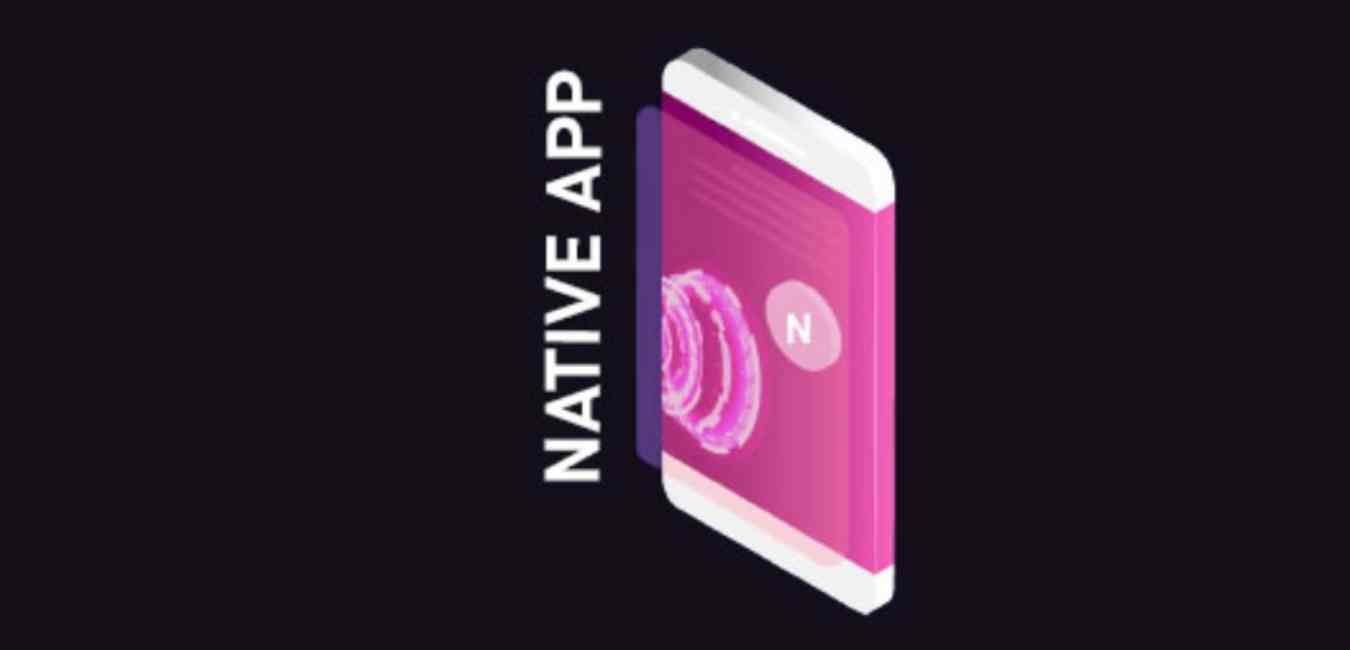
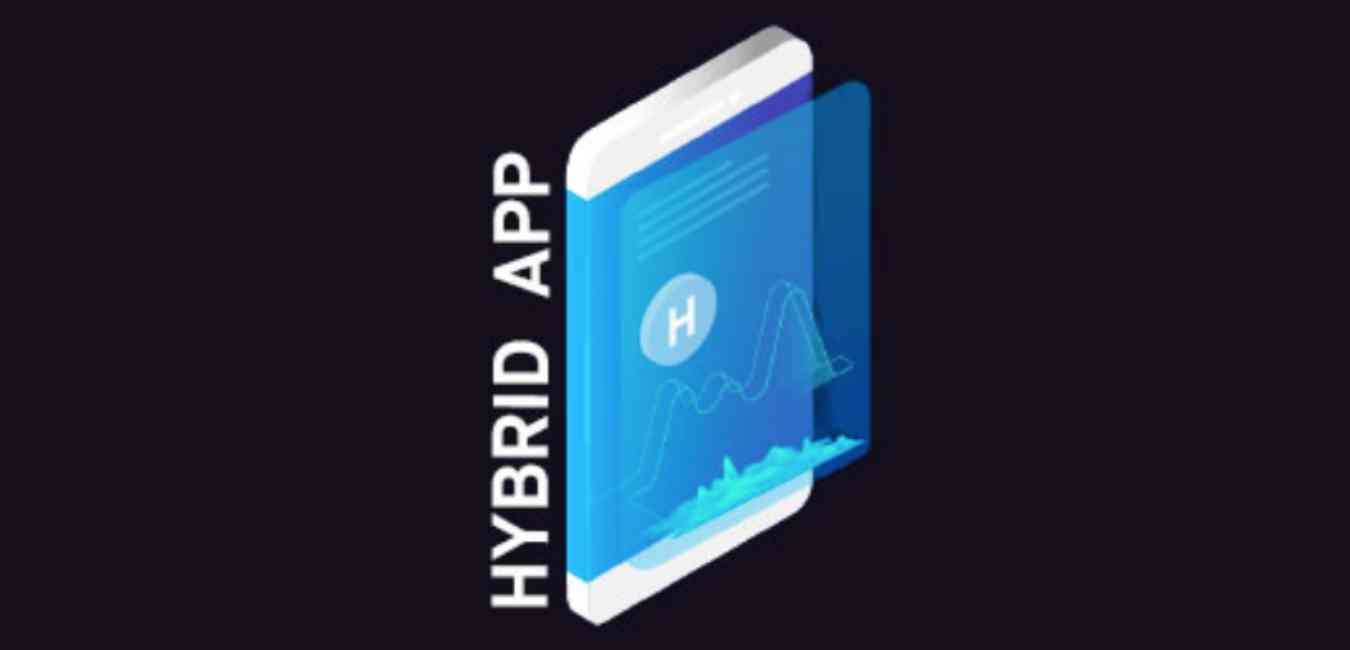
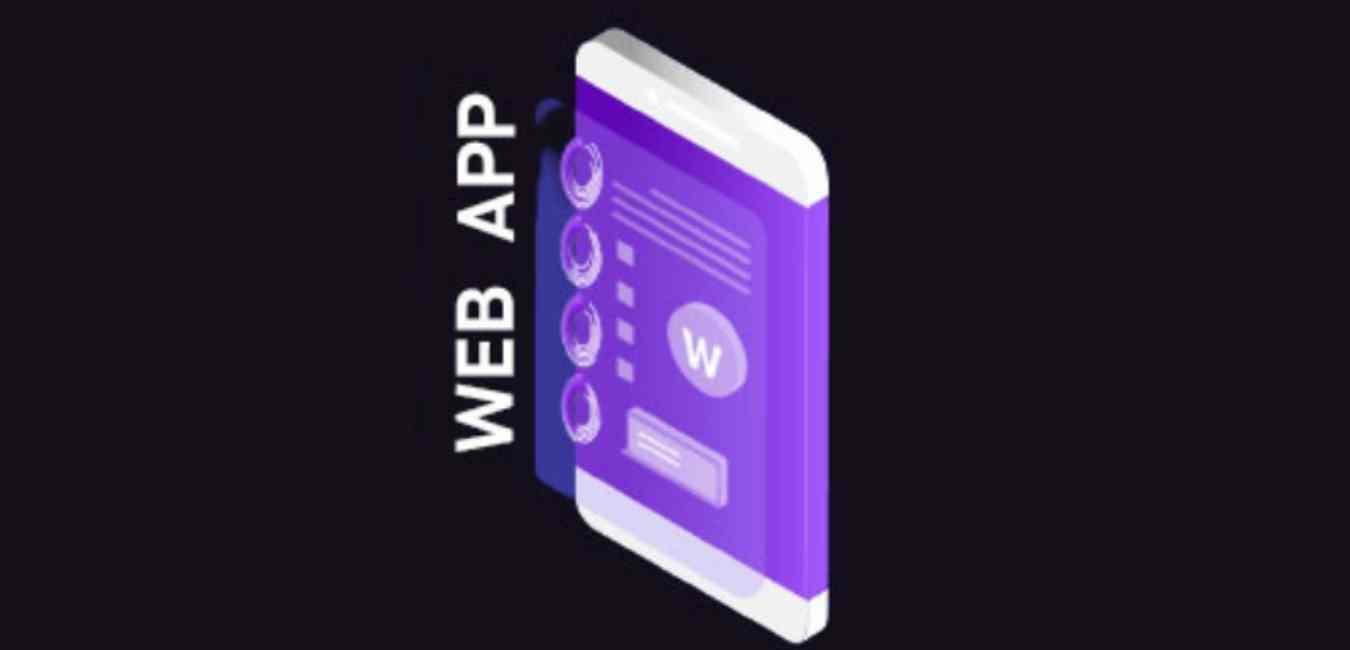

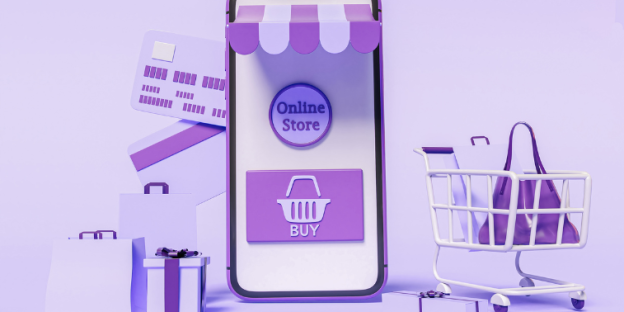



Thanks you and I admire you to have the courage the talk about this,This was a very meaningful post for me. Thank you.
Good information is shared here. Amazed to check this blog and information about different types of the mobile app.